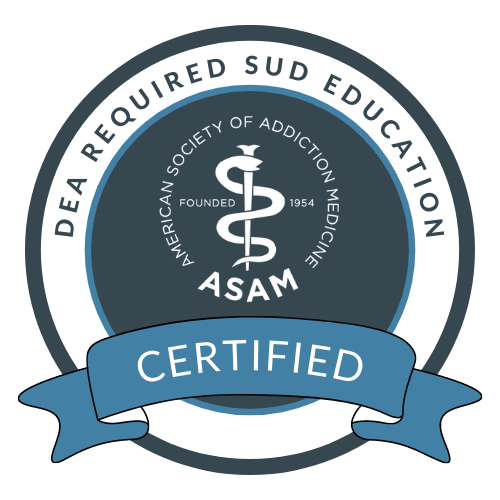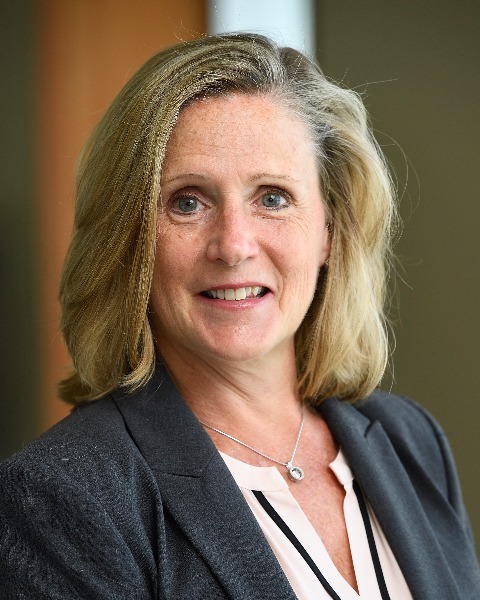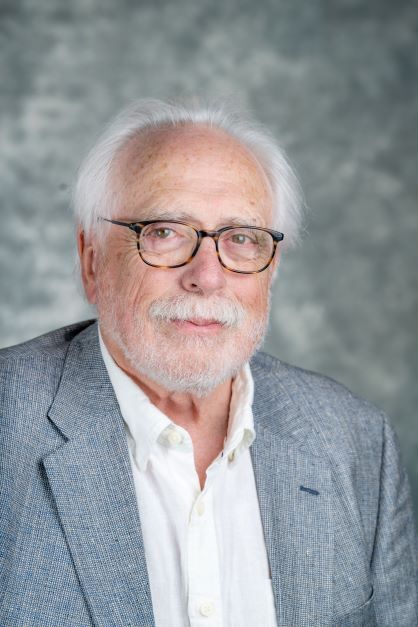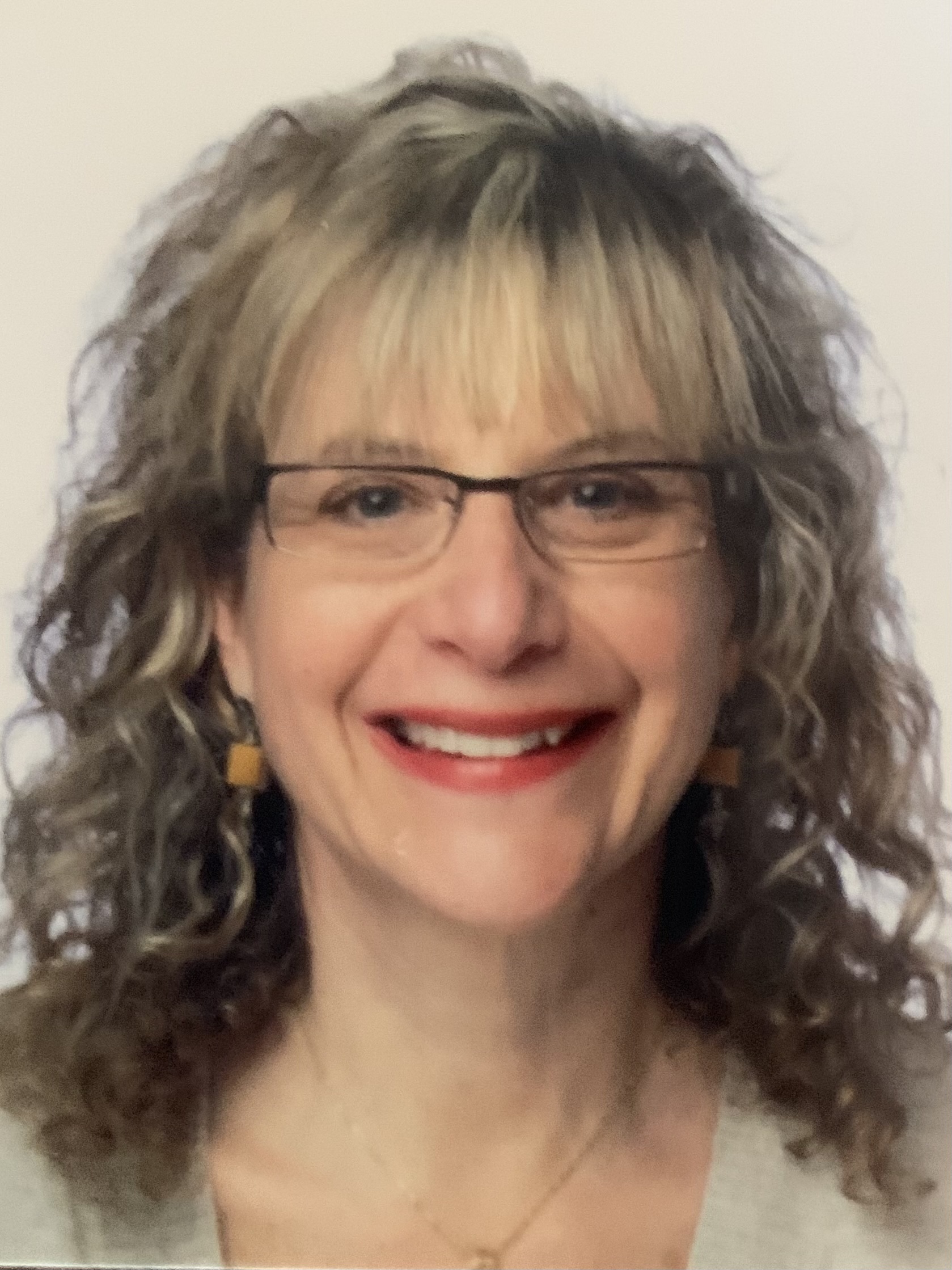
Moving Beyond the Barriers of Treating OUD
-
Register
- Non-Member - $99
- Regular Member - $69
- Retired - $69
- Early Career Physician - $69
- Resident - $49
- Student - $49
- Associate - $49
- ASAM Staff - Free!
- International Member - $69
- Emeritus Member - $69
- Provisional Member - $69
- Fellow Member - $69
- Honorary Member - $69
- CRT Member - $69

Moving Beyond the Barriers of Treating OUD
Online Course
Overview
Moving Beyond the Barriers of Treating Opioid Use Disorder provides a deep dive into implementing office-based treatment for opioid use disorder. This case-based, interactive, online course addresses moving beyond common barriers that prevent qualified clinicians from successfully treating patients with OUD. Common barriers related to implementing office-based treatment and patient care will be discussed, as well as how to address these barriers.
The target audience for this introductory level activity includes healthcare providers who treat patients with Opioid Use Disorder.
This activity addresses the following ACGME Competencies: Patient Care, Medical Knowledge
Please Note: That recent legislation has removed the waiver requirement to prescribe buprenorphine. Some of the course content and descriptions refer to the waiver and we appreciate your patience as we work to update this content. To learn more about federal buprenorphine prescribing regulations, check out Policies Governing Buprenorphine for Opioid Use Disorder.
Learning Objectives
Upon completion, learners will be able to:
- Discuss implementation and patient care considerations for effective office-based OUD treatment.
- Recognize common challenges to implementing office-based treatment for OUD.
- Examine ways to address barriers and successfully implement office-based treatment for patients with OUD.
- Apply evidence-based practices to overcome obstacles to treatment of OUD.
DEA Education Requirement
As an accredited organization in Section 1263 of the Consolidated Appropriations Act of 2023, ASAM certifies that completion of this course meets 3 hours of the DEA requirement for 8 hours of education on substance use disorder(s).
Registration Rates
| ASAM Learner Type | Rate |
| ASAM Member | $69 |
| Non-Member | $99 |
| Associate Member | $49 |
| Resident Member* | $49 |
| Student Member* | $49 |
*Residents, Fellows-in-training, Interns, and Students must join ASAM to receive a discounted registration rate. Click here to become an ASAM member. National and Chapter membership dues apply. There is no charge for Students to become a Member, but verification of student status is required.
Membership Question? Call ASAM at 1.301.656.3920, email us, or view the ASAM website for more information.
Refunds & Cancellations
All ASAM e-Learning Center refund requests must be made in writing to Education@ASAM.org within 90 days of purchase. Those requesting refunds for courses that are in progress will receive partial refunds or e-Learning Center credit. Automatic full refunds will be made for any course with a live-course component that has been cancelled.
Registration Deadline: 04/29/2025
This content has been made available in part by a small unrestricted educational grant from Indivior, Inc. No input or influence from Indivior, was included in the development of the educational content. As an ACCME Provider, ASAM follows the ACCME Standards for Integrity and Independence for Accredited Continuing Education stating that owners and employees of ineligible companies are excluded from participating as planners or faculty, and must not be allowed to influence or control any aspect of the planning, delivery, or evaluation of accredited continuing education.
Instructions
- Click on the Contents tab to begin this activity.
- Click Complete Post Test to answer multiple choice questions. Participants will have 10 attempts to pass and must answer 7 out of 9 questions correctly.
- Click Complete Evaluation to provide valuable activity feedback. Scroll down on all questions as there may be answer options that expand past the size of the window.
- Click the button Claim Medical Credits in the box titled Claim Credits & Certificate. Choose the type of credit and click submit. Click the button View/Print Certificate to save or print your certificate. You can view/print your certificate at any time by visiting the ASAM e-Learning Center, clicking Dashboard, and clicking Transcript/Achievements.
Need Assistance?
For assistance logging in, accessing activities, claiming credit, or for other questions or concerns, please check the FAQ page or e-mail Education@ASAM.org
ASAM is proud to offer eSSENTIAL Accessibility to ensure our website is accessible and functional for all our learners while providing free assistive technology for people with the widest possible range of abilities.

Marianne Fingerhood
DNP, ANP-BC, CNE
Marianne Fingerhood is an assistant professor at Johns Hopkins University School of Nursing. She is the Coordinator of the Adult Gerontological Nurse Practitioner Program and is the director of the Supporting Nursing Advanced Practice Transition (SNAPT) Primary Care Fellowship. She cares for patients with OUD in an outpatient setting and has written a curriculum related to substance use disorder. She also serves as a liaison to new providers who are learning to care for patients with OUD.
No relevant financial disclosures

Daniel Nauts
MD, FASAM
Dr. Nauts, MD, FASAM completed his undergraduate and medical education at the University of Michigan and joined an internal medicine group practice in Bellingham, Washington. He left general internal medicine to develop his Addiction Medicine practice; since that time, he has been instrumental in the creation of 3 inpatient programs for those suffering with substance use and co-occurring disorders, outpatient SUD programs, and medication assisted treatment services.
No relevant financial disclosures

Debra Newman
PA-C, MPAS, MPH
Debra R. Newman, PA-C, MSPAS, MPH served as the Medical Practitioner for Adult Drug and Mental Health Treatment Courts in Santa Fe County, New Mexico for the over six years, and currently provides training and technical assistance for the NM Department of Therapeutic Justice. She formerly served in this role for the Rio Arriba (NM) Adult Drug and Mental Health Treatment Courts, and the Santa Fe County DWI Court. Debra was a 2017-2018recipient of the PA Foundation/NIDA-CTN Mentored Outreach Award in Treatment Dissemination: “Utilizing Psychiatric PA’s in Drug/Treatment Courts.”
Her passion for addiction medicine began with her association with Project ECHO while employed at a large FQHC in northern NM more than 15 years ago, a region historically plagued with the highest per capita heroin overdose death rate in the nation. Debra worked as the only full-time provider for patients struggling with SUDs.
Debra is the only PA to serve as a Lead Mentor for the Provider Clinical Support System (PCSS and serves as a Co-Editor for ASAM Weekly.
In her current role with Encompass Community Services, a non-profit organization in Santa Cruz, CA that provides services in behavioral health and family and social well-being, she is Lead Provider for outpatient SUD services.
No relevant financial disclosures.
CME, CE, CEU and Other Credit Types

ACCME Accreditation Statement
The American Society of Addiction Medicine is accredited by the Accreditation Council for Continuing Medical Education (ACCME) to provide continuing medical education for physicians.
AMA Credit Designation Statement
The American Society of Addiction Medicine designates this enduring material for a maximum of 3 AMA PRA Category 1 Credits™. Physicians should claim only the credit commensurate with the extent of their participation in the activity.
NAADAC, the Association for Addiction Professionals
This activity has been approved by the American Society of Addiction Medicine, as a NAADAC Approved Education Provider, for educational credits. NAADAC Provider #295, ASAM is responsible for all aspects of the programming.
National Board for Certified Counselors ACEP
The American Society of Addiction Medicine has been approved by NBCC as an Approved Continuing Education Provider, ACEP No. 7062. Programs that do not qualify for NBCC credit are clearly identified. The American Society of Addiction Medicine is solely responsible for all aspects of the programs.
California Association for Drug/Alcohol Educators (CAADE)
This educational program is approved by CAADE: #CP40 999 1222.
California Association of DUI Treatment Centers (CADTP)
This educational program is approved by CADTP: #205.
California Consortium of Addiction Programs and Professionals (CCAPP)
This educational program is approved by CCAPP: #OS-20-330-1222.
Continuing Education Credits (CEUs)
Non-physician participants will receive a certificate of attendance upon completion of the activity and an online evaluation confirming their participation. Participants should submit his/her certificate of attendance to their professional organization/institute.
Maintenance of Certification (MOC) or Continuing Certification Programs (CCP)
American Board of Medical Specialties (ABMS)
Through the American Board of Medical Specialties (“ABMS”) ongoing commitment to increase access to practice relevant Continuing Certification Activities through the ABMS Continuing Certification Directory, Moving Beyond the Barriers of Treating Opioid Use Disorder Course has met the requirements as a MOC Part II CME Activity (apply toward general CME requirement) for the following ABMS Member Boards: Allergy and Immunology, Anesthesiology, Colon and Rectal Surgery, Family Medicine, Medical Genetics and Genomics, Nuclear Medicine, Physical Medicine and Rehabilitation, Plastic Surgery, Preventive Medicine, Psychiatry and Neurology, Radiology, Thoracic Surgery, Urology
American Board of Preventive Medicine (ABPM)
The American Board of Preventive Medicine (ABPM) has approved this activity for a maximum of 3 credits towards ABPM MOC Part II requirements.
American Board of Anesthesiology (ABA)
This activity contributes to the CME component of the American Board of Anesthesiology’s redesigned Maintenance of Certification in Anesthesiology TM (MOCA®) program, known as MOCA 2.0®.
American Board of Pediatrics (ABP)
Successful completion of this CME activity, which includes participation in the activity, with individual assessments of the participant and feedback to the participant, enables the participant to earn a maximum of 3 MOC points in the American Board of Pediatrics’ (ABP) Maintenance of Certification (MOC) program. It is the CME activity provider’s responsibility to submit participant completion information to ACCME for the purpose of granting ABP MOC credit.
American Board of Internal Medicine (ABIM)
Successful completion of this CME activity, which includes participation in the evaluation component, enables the participant to earn up to 3 Medical Knowledge MOC points in the American Board of Internal Medicine’s (ABIM) Maintenance of Certification (MOC) program. Participants will earn MOC points equivalent to the amount of CME credits claimed for the activity. It is the CME activity provider’s responsibility to submit participant completion information to ACCME for the purpose of granting ABIM MOC credits.
American Board of Surgery (ABS)
Successful completion of this CME activity, which includes participation in the evaluation component, enables the learner to earn credit toward the CME and/or Self-Assessment requirements of the American Board of Surgery’s Continuous Certification program. It is the CME activity provider's responsibility to submit learner completion information to ACCME for the purpose of granting ABS credit.
American Board of Psychiatry and Neurology (ABPN)
Successful completion of this CME activity can be used to satisfy the American Board of Psychiatry and Neurology’s (ABPN) CME requirement for Maintenance of Certification program.
American Board of Addiction Medicine (ABAM)
Successful completion of this activity can be used to satisfy the American Board of Addiction Medicine (ABAM) Tmoc credit requirements.
Royal College of Physicians and Surgeons of Canada (RCPSC)
Royal College Fellows can use participation in Accredited Continuing Medical Education to earn Section 3 Credits.
Disclosure Information
In accordance with disclosure policies of ASAM and the ACCME, the effort is made to ensure balance, independence, objectivity, and scientific rigor in all CME activities. These policies include mitigating all possible relevant financial relationships with ineligible companies for the Planning Committees and Presenters. All activity Planning Committee members and Presenters have disclosed relevant financial relationship information. The ASAM CME Committee has reviewed these disclosures and determined that the relationships are not inappropriate in the context of their respective presentations and are not inconsistent with the educational goals and integrity of the activity.

